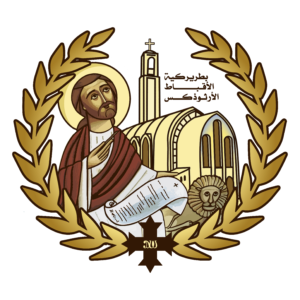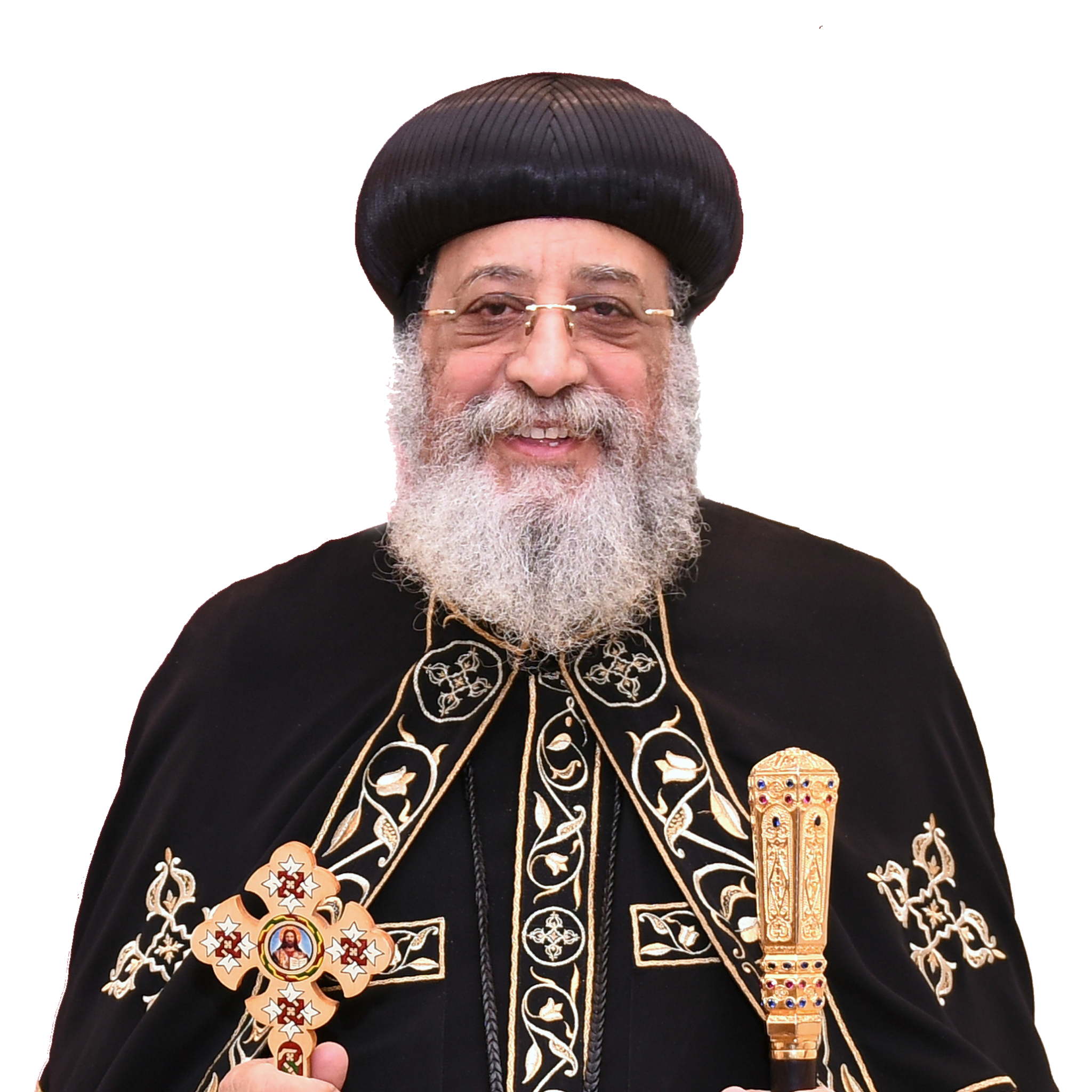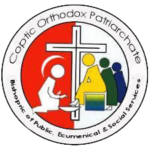What is BLESS:
The Bishopric of Public, Ecumenical and Social Services (BLESS) was established in 1962 to serve as the arm of the Coptic Orthodox Church (COC) in the field of Social Development. BLESS has a leading role in the diaconal services of the poor, underprivileged and marginalized communities throughout Egypt.
BLESS Vision:
A community capable of investing its potential, accepting diversity, respecting differences, and living with human dignity.
BLESS Mission:
Awakening the social-awareness of individuals to liberate society from the bondage of poverty, ignorance, and illness. Emphasizing human values, reinforcing the Egyptian identity, and leading the change through communal participation. BLESS will lead the change through field interventions, and the support of forming local entities.
BLESS Guiding Values:
Our love for God inspires us to love all human beings and respect their dignity,
Transparency and accountability,
Encouraging and supporting the spirit of creativity, volunteer work and charity,
Respecting human beings regardless of religion, sex, age, or race,
Re-affirming the spirit of responsibility and commitment,
Providing quality and sustainable services and
Focusing on compiling and utilizing available local resources.
Historical Background:
- BLESS was established on September 30th, 1962 to be the social, diaconal and development arm of COC.
- Bishop Samuel was the first Bishop Ordained for BLESS. Unfortunately, His Grace was assassinated and the country went through a period of instability.
- During the interim, Metropolitan Athanasious was assigned to lead the organization and land it in a safe haven.
- On June 2nd, 1985 Metropolitan Serapion was assigned to lead the organization. His Eminence built a lot of systems, recruited professional staff and equally performed in the arenas of ecumenical, social and community development services.
- Early 1996, Bishop Youannes took over and he emphasized the importance of charity work. Nevertheless, he created the new approach of Comprehensive Integrated Development (CID).
- In July 2015, Bishop Yolios was assigned to lead BLESS. He gave special attention to community development work. He started updating BLESS bylaws, statues and Standard Operating Procedures (SOPs). He established an advisory board for BLESS and started a new effort to reposition BLESS as a faith-based organization serving Egyptian needy communities. In an endeavor to enhance proficiency, BLESS has recruited a team of outstanding professionals (advisory committee) to provide programmatic, management and administrative advice. In addition, an experienced Executive Director was recruited to lead the staff and team-up with HG Bishop Yolios. The committee is mandated to advise BLESS’ leadership on programmatic, management or administrative matters. The volunteer committee includes top notch Egyptian experts in the areas of program development, planning, implementation, monitoring and evaluation, human resources and financial management.
BLESS Main Sectors:
1st The Integrated Community Development Program (ICDP):
Technical Components
- Health Component: Helping target communities to become healthier and productive.
- Education Component: Enabling the illiterates to achieve an educational and cultural level to play an effective role in their communities. Moreover, improve the quality of education received by elementary school students.
- Economic Development: Improving the standard of living of the poor families. In addition, to help young people to have decent work opportunities.
- Rural Development: Improving the agricultural and livestock production to elevate the farmers’ living standard.
- Environment Development: Creating the awareness of the importance and measures to preserve the environment including proper utilization of the natural resources.
- Unleashing the Potential of Emerging Generations; it has two target categories:
- Childhood Development: Providing early childhood education as well as a wide variety of social activities that ends at forming a creative, tolerant fully diversified community.
- Youth Program: Empowering Coptic Youth to pro-act effectively in their Church and society.
- Community Empowerment and Sustainability: Empower the target communities to become self-reliant which ensures the sustainability of the development process.
- Community Peace Building: This Program consists of 2 units:
- Combating Violence against Childhood: Enabling the children to grow up in a healthy community and help them know about their rights and enjoy their childhood.
- Combating Violence against Women: Advancing for the health and social conditions of the Egyptian woman and girls.
- Caring of Vulnerable Groups:
- Best Life Program: Providing substance abuse prevention, treatment, rehabilitation, and follow-ups with recovering addicts to aid in recovery and prevent relapse.
- Disability Care Program: Caring and preparing people with disabilities to merge into the community and acquire a better standard of living.
- Relief Preparedness Component: To provide robust intervention to help victims of natural disasters and terrorism.
- Housing Improvement: To help community families in acquiring healthy house that secures basic needs for the family.
- Human Resources Development Unit: Support and improve the community worker’s capacities and achievements.
- Social Studies and Research Unit: Studying and assessing community problems and raising the awareness on different aspects of citizenship and civil state. Providing BLESS staff with the most up-to-date researches and studies pertaining to community development and social research.
- Program Planning and Monitoring Unit: To create master plans and individual program plans, generate a map of expected results, set success indicators, collect implementation data, evaluate performance and streamline next phase plans.
2nd Social Welfare (AGAPY Program):
Providing support to needy individuals who have no recourses. The program puts a special focus on:
- Helping single parent families who have no access to a minimum income.
- Underprivileged widows.
- Patients with chronic diseases who have no health insurance coverage.
- Prisoners and their families.
- Orphans.
- Elderly incapable individuals who cannot work.
- Victims of political and natural disasters.
Beneficiaries:
BLESS services reach four million Egyptians among the most underprivileged individuals. Special focus is laid on women, youth and children.
Governance:
BLESS has a seven-member advisory board who advise the Bishop and the Executive Director on various topics.
Staff and Volunteers:
415 employees, in addition to 1,200 volunteers.
Annual Budget:
We project that the program cost during 2020 will exceed 105 M EGP.
For further information on BLESS, kindly visit https://www.blessegypt.org
This page is also available in:
العربية



